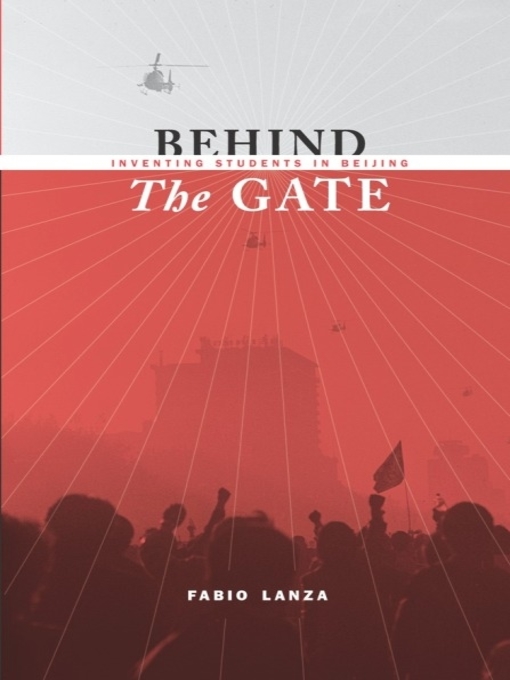On May 4, 1919, thousands of students protested the Versailles treaty in Beijing. Seventy years later, another generation demonstrated in Tiananmen Square. Climbing the Monument of the People's Heroes, these protestors stood against a relief of their predecessors, merging with their own mythology while consciously deploying their activism. Through an investigation of twentieth-century Chinese student protest, Fabio Lanza considers the marriage of the cultural and the political, the intellectual and the quotidian, that occurred during the May Fourth movement, along with its rearticulation in subsequent protest. He ultimately explores the political category of the "student" and its making in the twentieth century.
Lanza returns to the May Fourth period (1917-1923) and the rise of student activism in and around Beijing University. He revisits reform in pedagogical and learning routines, changes in daily campus life, the fluid relationship between the city and its residents, and the actions of allegedly cultural student organizations. Through a careful analysis of everyday life and urban space, Lanza radically reconceptualizes the emergence of political subjectivities (categories such as "worker," "activist," and "student") and how they anchor and inform political action. He accounts for the elements that drew students to Tiananmen and the formation of the student as an enduring political category. His research underscores how, during a time of crisis, the lived realities of university and student became unsettled in Beijing, and how political militancy in China arose only when the boundaries of identification were challenged.
- Available now
- New eBook additions
- New kids additions
- New teen additions
- Most popular
- Great reads without the wait!
- See all ebooks collections
- Favorite Recorded Books Audio
- Available now
- New audiobook additions
- New kids additions
- New teen additions
- Most popular
- Try something different
- Family Road Trip Audiobooks
- Audiobooks for the Whole Family
- Great Narrators
- Always Available Audiobooks
- Listen While You Run: Audiobooks for Workouts
- Poetry is Meant to Be Spoken
- See all audiobooks collections
- Top Magazines - Now Available!
- Crafting & DIY
- Just added
- Sports
- Health & Fitness
- News & Politics
- Cars & Motorcycles
- Food & Cooking
- Business & Finance
- Revistas digitales
- 中文(简体
- 雑誌
- See all magazines collections
